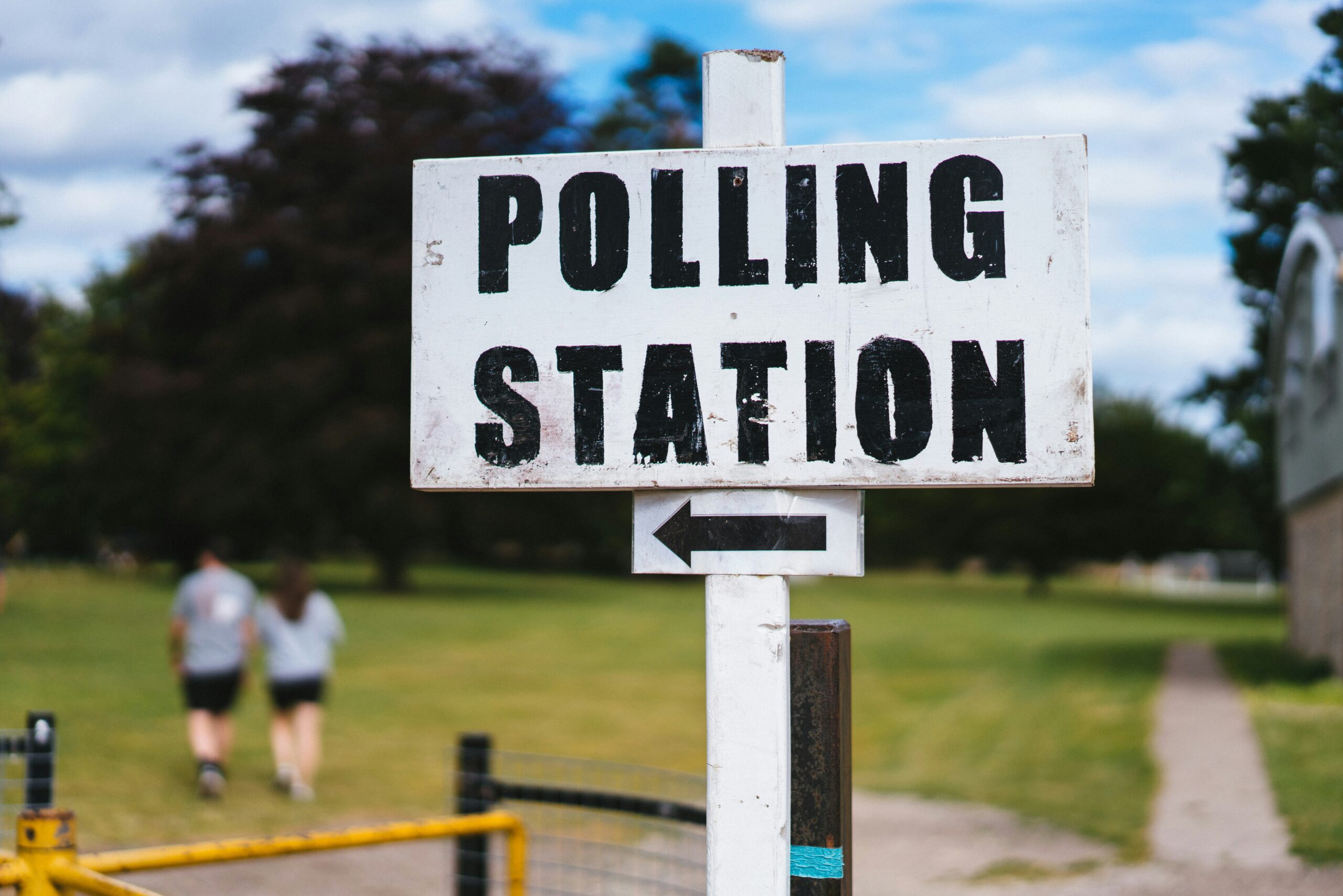Algerians Head to the Polls for Presidential Election
Algerians went to the polls in a highly anticipated presidential election, with incumbent President Abdelmadjid Tebboune seeking a second term. Tebboune, who has been in power since 2019, is expected to secure re-election amid a tense political atmosphere. The election is seen as a pivotal moment for Algeria, as the country navigates significant challenges both domestically and internationally.
Abdelmadjid Tebboune Expected to Win
Abdelmadjid Tebboune, the frontrunner in the election, is widely expected to secure a second term in office. His presidency has been marked by efforts to stabilize Algeria’s economy and address political unrest, though he faces criticism from opposition groups over his handling of corruption and governance issues. With a fragmented opposition and Tebboune’s established support base, political analysts predict a comfortable victory for the incumbent president.
A Critical Moment for Algeria’s Political Landscape
The election comes at a crucial time for Algeria’s political landscape, as the country grapples with economic challenges, political unrest, and a growing demand for reform. The protests that began in 2019, known as the Hirak movement, have called for an overhaul of the political system and greater transparency in governance. While Tebboune’s government has made some efforts to appease protestors, many believe that deeper reforms are needed to address Algeria’s systemic issues.
Economic Challenges Facing the Country
Algeria’s economy has been under significant strain, particularly due to the decline in global oil prices, which has severely impacted the country’s oil-dependent economy. Unemployment rates remain high, and inflation has hit Algerian households hard. President Tebboune’s administration has been working on economic reforms, including diversifying the economy and attracting foreign investment, but the slow pace of change has led to public frustration.
Opposition Calls for Boycott
Several opposition parties and activists have called for a boycott of the election, arguing that the political system remains controlled by entrenched elites. They claim that the election will not bring about the meaningful change that many Algerians have been demanding. Despite these calls, voter turnout is expected to be moderate, with many citizens expressing a desire for stability over political upheaval.
Tebboune’s Record on Political Reforms
Throughout his first term, President Tebboune has promised political reforms, including constitutional changes aimed at reducing the powers of the presidency and strengthening democratic institutions. However, critics argue that these reforms have not gone far enough and that the political establishment continues to operate in much the same way as before. Tebboune’s second term will be crucial in determining whether deeper reforms will be implemented or if Algeria will continue on its current trajectory.
International Observers Monitor the Election
International observers have been deployed to monitor the election, ensuring that it adheres to democratic standards. The international community, particularly the European Union and neighboring countries, is closely watching the election due to Algeria’s strategic importance in North Africa. A stable Algeria is seen as vital for regional security, energy markets, and migration management, making this election particularly significant on the global stage.
Public Sentiment and Political Stability
Public sentiment in Algeria is mixed, with some voters expressing hope that President Tebboune’s re-election will bring stability and economic recovery, while others remain disillusioned with the political system. Protests continue to erupt sporadically, signaling that the underlying issues that fueled the Hirak movement are far from resolved. How Tebboune addresses these concerns during his second term will be key to maintaining political stability in the country.
The Path Forward for Algeria
As the election results come in, the path forward for Algeria remains uncertain. If President Tebboune secures a second term, as expected, he will face the challenge of balancing the need for political and economic reforms with the demand for stability. His ability to address the grievances of the Algerian people, particularly the youth and marginalized communities, will determine the success of his presidency and the future of Algeria’s political landscape.
Conclusion: A Pivotal Election for Algeria
The 2024 Algerian presidential election marks a critical moment for the country, with incumbent President Abdelmadjid Tebboune poised for re-election. While he is expected to win, the challenges facing Algeria—ranging from economic hardship to political unrest—are vast. As Algeria looks to the future, the outcome of this election will shape its trajectory for years to come.




































